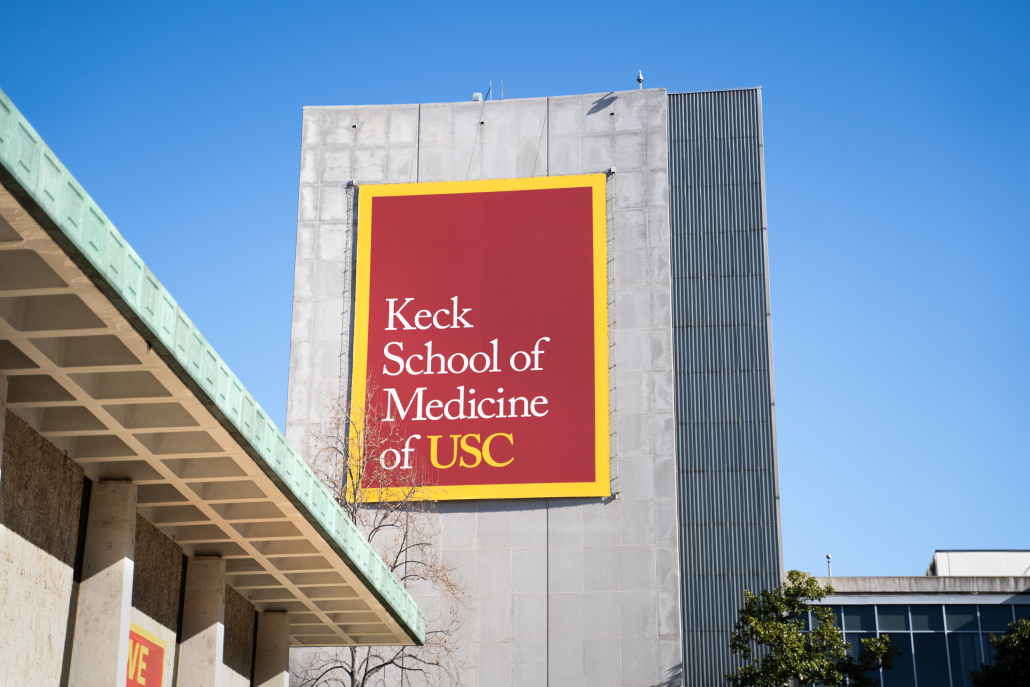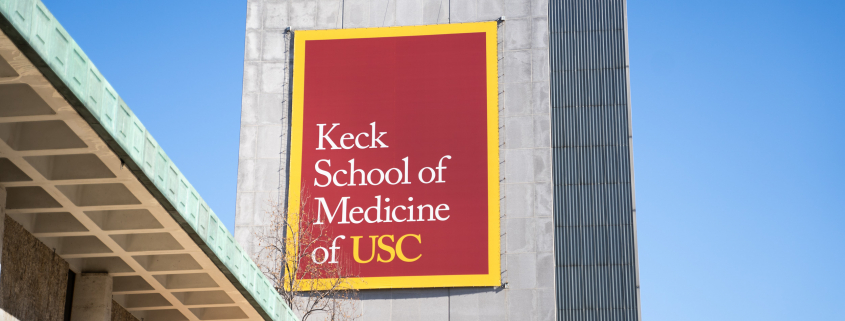Coronavirus cases increase, masks “anticipated” for fall semester

Coronavirus cases rose significantly on USC’s campus and in Los Angeles County last week, clouding University plans for this upcoming fall semester, Chief Health Officer Dr. Sarah Van Orman said in a student media briefing Wednesday.
With less than a month until USC Welcome Week, the extent of in person classes, mask mandates and on-campus events remains uncertain, Van Orman said, and she expects the University to issue further guidance in early August.
Following L.A. County guidance, USC reinstituted its mask mandate July 15 after lifting it on June 29. The rise of the more contagious Delta variant, — which has caused cases to increase — and “relatively low vaccination rates,” has significantly worsened the pandemic in L.A. County and across the country, Van Orman said.
L.A. County reported 2,551 cases on Wednesday, the highest number since March. There were 585 hospitalizations, compared to 213 June 21, according to an L.A. County press release.
“This is not where I would have thought we would have been two weeks ago,” Van Orman said. “But I would say that the situation within L.A. County has really deteriorated quickly.”
Van Orman “anticipate[s]” that students will be required to wear masks indoors in the fall, regardless of vaccination status, including in residence halls, classes and “any kind of crowded setting.”
While Van Orman said she does not believe it is likely that USC will need to go fully remote, there is a possibility that parts of a school or a certain class could shut down due to coronavirus cases or exposure. For example, if there were positive cases in a dance program and other students were exposed, it could be shut down for two weeks.
Following the recent rise in coronavirus cases, USC will no longer permit students to submit a vaccine declination form and will only allow students with religious or medical exemptions to refuse the vaccine.
Before the increase, students would have been allowed to submit a declination form to the University regardless of medical or religious reasons until the vaccines were fully approved by the FDA, rather than the current emergency use authorization.
Eighty to ninety percent of people who tested positive for the coronavirus on campus were vaccinated, Van Orman said, although the vast majority of the testing sample already contained vaccinated individuals, including nearly 90% of faculty and staff.
There were three new employee cases from July 11 to July 17, an increase from 1 the previous week. The employee positivity rate rose to .57%, an increase from .24% the week prior and the highest it has been since January 2021.
The majority of vaccinated students who tested positive were symptomatic and believed they had a cold, Van Orman said.
There were 39 new student cases, 31 students in isolation and six in quarantine from July 11 to July 17 compared to 19 cases the week before. The positivity rate was 4%, the highest it has been on campus since August 2020, although the sample size is significantly smaller than it was during the spring or fall semesters because many students are not currently on campus.
Van Orman stressed the importance of getting tested for coronavirus even if you are fully vaccinated, a change in University guidelines as a result of the increase in breakthrough cases.
“One of the really key messages we’re getting out is that even if you’re fully vaccinated, if you develop cold-like symptoms, you need to immediately isolate and get tested,” she said.
Van Orman said that the University plans on working with faculty to ensure that students will stay home and isolate themselves rather than attend class if they develop cold-like symptoms.
Despite the increase in breakthrough infections, the vaccines are still “incredibly effective” at preventing serious illness such as hospitalizations and death, Van Orman said. As USC students and L.A. County residents continue to receive vaccinations, the risk of community spread, deaths and breakthrough cases will decrease, making a return to normal in the fall more likely, Van Orman said.
“The more we can be cautious for [the next] two weeks, the better our chances are to be in a better place,” Van Orman said. “As a community, if we could stay home, wear your mask, get your vaccines, stay home if you’re sick — that will make a difference.”

